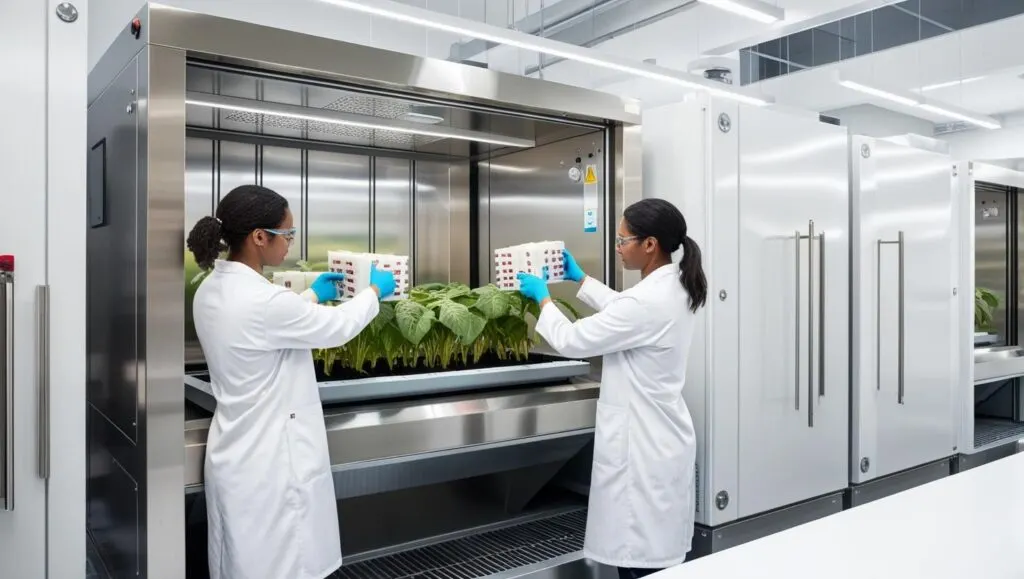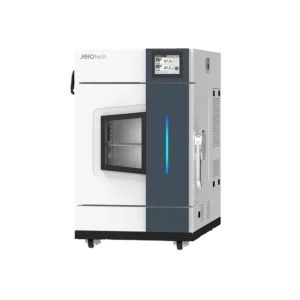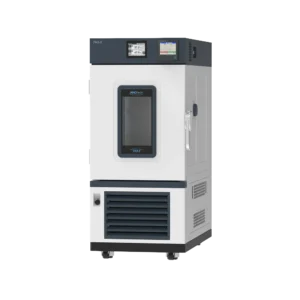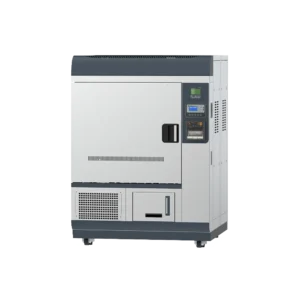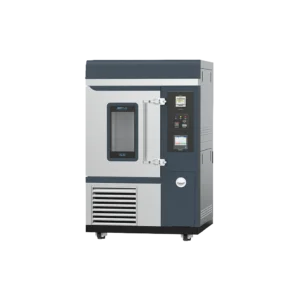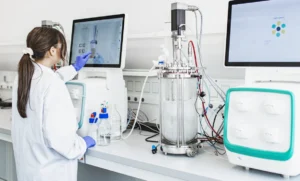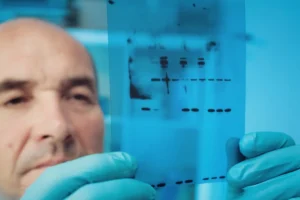An environmental chamber is a critical piece of laboratory equipment for industries ranging from pharmaceuticals and biotechnology to materials testing. These chambers simulate real-world conditions by controlling temperature, humidity, and light exposure, ensuring accurate and repeatable results. Choosing the right model can significantly impact research quality, product development, and compliance with industry regulations.
In this article, we’ll explore the essential factors to consider when selecting an environmental chamber, comparing different models and features to help you make an informed decision.
Understanding Environmental Chambers
An environmental chamber, also known as a climatic chamber or temperature and humidity chamber, is designed to create controlled testing environments. These chambers are essential for applications such as:
- Pharmaceutical stability testing
- Material durability studies
- Electronics reliability testing
- Plant growth and agricultural research
The ability to precisely control temperature and humidity makes these chambers indispensable in laboratories across South Africa and beyond.
Choosing the Right Environmental Chamber for Your Application
1. Temperature and Humidity Control
Different applications require different environmental conditions. When selecting a temperature and humidity chamber, consider:
- Temperature range: Ensure the chamber can reach the required temperatures for your tests, from extreme cold to high heat.
- Humidity control: Some applications, such as pharmaceutical stability testing, require precise humidity regulation.
- Light exposure: If your testing involves photostability studies, a chamber with controlled UV and visible light simulation is essential.
Explore Jeiotech’s environmental chambers and Being International’s climatic chambers to compare models with varying specifications.
2. The Benefits of a Plumbed Water Supply for Jeiotech Cabinets
Many high-end environmental chambers, including models from Jeiotech, offer direct plumbed water connections for humidity control. This feature provides:
- Convenience: Eliminates manual refilling of water reservoirs.
- Precision: Maintains consistent humidity levels without fluctuations.
- Efficiency: Reduces maintenance and ensures uninterrupted long-term testing.
For laboratories conducting continuous humidity-controlled experiments, this feature can improve workflow efficiency and reliability.
3. Considerations for Long-Term Stability Testing
Long-term stability testing is crucial in pharmaceutical and material sciences. Key factors to consider include:
- Stable temperature and humidity conditions over extended periods.
- Advanced data logging for regulatory compliance.
- Energy efficiency to minimize operational costs.
4. Pharmaceutical Stability Testing: Q1A and Q1B Guidelines
Pharmaceutical stability testing follows strict Q1A and Q1B guidelines:
- Q1A Stability Testing: Evaluates drug stability under controlled temperature and humidity conditions. Ensure your chamber meets the required specifications.
- Q1B Photostability Testing: Measures the effect of light exposure on pharmaceuticals. A chamber with integrated UV and visible light controls is necessary.
If your lab requires pharmaceutical-grade testing, explore Apex Scientific’s range of pharmaceutical environmental chambers for compliant solutions.
5. Photostability Testing for Pharmaceuticals, Food, and Cosmetics
Beyond pharmaceuticals, photostability testing is essential for:
- Food preservation research
- Cosmetic stability evaluation
- Chemical resistance studies
For effective photostability testing, choose a chamber that offers:
- Adjustable light intensity to replicate real-world conditions.
- Full-spectrum light simulation, including UV radiation, if needed.
6. Comparing Models and Accessories
Not all climatic chambers are the same. When selecting the right model, consider:
- Cooling and heating technology: Compressor-based vs. Peltier-based systems (Peltier systems offer better energy efficiency).
- Size and capacity: Choose between compact models for small-scale testing or larger units for bulk experiments.
- Optional accessories: Shelves, racks, and data loggers can enhance chamber functionality.
7. Additional Selection Criteria
Other important considerations when choosing an environmental chamber include:
- Ease of use: Digital controls and user-friendly software simplify operation.
- Maintenance and support: Availability of spare parts and supplier reliability.
For high-quality laboratory equipment in South Africa, consider Apex Scientific as a trusted supplier of environmental chambers.
Conclusion
Selecting the right environmental chamber ensures precise testing conditions, whether for pharmaceutical stability studies, material testing, or agricultural research. By evaluating key specifications like temperature control, humidity regulation, and photostability features, laboratories can improve test accuracy and regulatory compliance.
Explore leading laboratory equipment suppliers such as Apex Scientific, Jeiotech, and Being International to find the ideal benchtop environmental chamber, economic environmental chambers, pharmaceutical stability test chamber, standard environmental chambers, medicine stability testing chambers and plant growth chambers for your needs.
Recommended products
Environmental Chamber – Benchtop, 0 – 120°C
Environmental Chamber – Benchtop, -20 – 150°C
Environmental Chamber – Benchtop, -35 – 150°C
Temperature & Humidity Chamber – Economic
Temperature & Humidity Chamber, 0 – 90°C
Temperature & Humidity Chamber – Low Temperature
Climatic Chamber – Peltier Technology
Pharmaceutical Stability Test Chamber
Environmental Chamber

